Importance of Weather Monitoring in Fishing
The vast expanse of the open sea offers both bounty and risk to commercial fishermen. One crucial factor that can make the difference between a successful voyage and a perilous one is weather monitoring. In this blog post, we explore the pivotal role of weather monitoring in ensuring the safety of commercial fishing operations.
Risks of Ignoring Weather Conditions
Unpredictable Seas
Commercial fishing is inherently challenging, and ignoring weather conditions can lead to unpredictable and dangerous seas. Sudden storms, high winds, and rough waves pose significant threats to both crew and vessels, making it imperative to stay informed about the ever-changing weather patterns.
Navigation Hazards
Lack of weather awareness can lead to encountering unexpected navigation hazards. From turbulent waters to shifting currents, these hazards can jeopardize the safety of the crew and the integrity of the fishing equipment.
Benefits of Weather Monitoring Systems
Early Warning
Early Warning
Implementing weather monitoring systems provides commercial fishermen with early warnings about upcoming weather events. This foresight enables them to make informed decisions, preventing potential disasters and ensuring the safety of the crew.
Enhanced Preparedness
Knowing the weather conditions in advance allows fishermen to prepare adequately. From securing equipment to adjusting fishing strategies, enhanced preparedness minimizes the impact of adverse weather on both the catch and the crew.
Types of Weather Monitoring Technology
NAVTEX Technology
NAVTEX, a crucial component of GMDSS (Global Maritime Distress and Safety System), plays a pivotal role in transmitting navigational and meteorological warnings. Investing in a GMDSS NAVTEX receiver ensures real-time access to critical weather information, enhancing situational awareness.
Radio Communication Equipment
Reliable radio communication equipment, such as those available at www.tecomart.co, is essential for staying connected and receiving weather updates. These devices facilitate seamless communication, ensuring that fishermen are well-informed about the latest weather conditions.
How Weather Data Helps with Decision-Making
Informed Route Planning
Access to accurate weather data empowers fishermen to plan their routes strategically. By avoiding areas with adverse weather conditions, they can navigate safer waters, mitigating the risks associated with unpredictable weather.
Real-time Decision-Making
Weather monitoring allows for real-time decision-making. Whether it’s deciding to return to port due to an approaching storm or adjusting fishing operations based on changing conditions, having up-to-date weather information is critical.
Prioritize Safety with Weather Monitoring
In the dynamic world of commercial fishing, where uncertainty is constant, prioritizing safety through weather monitoring is not just a recommendation but a necessity. By investing in advanced technologies like NAVTEX and reliable radio communication equipment, fishermen can safeguard their livelihoods, ensuring that each voyage is a step toward success rather than a gamble with the elements.

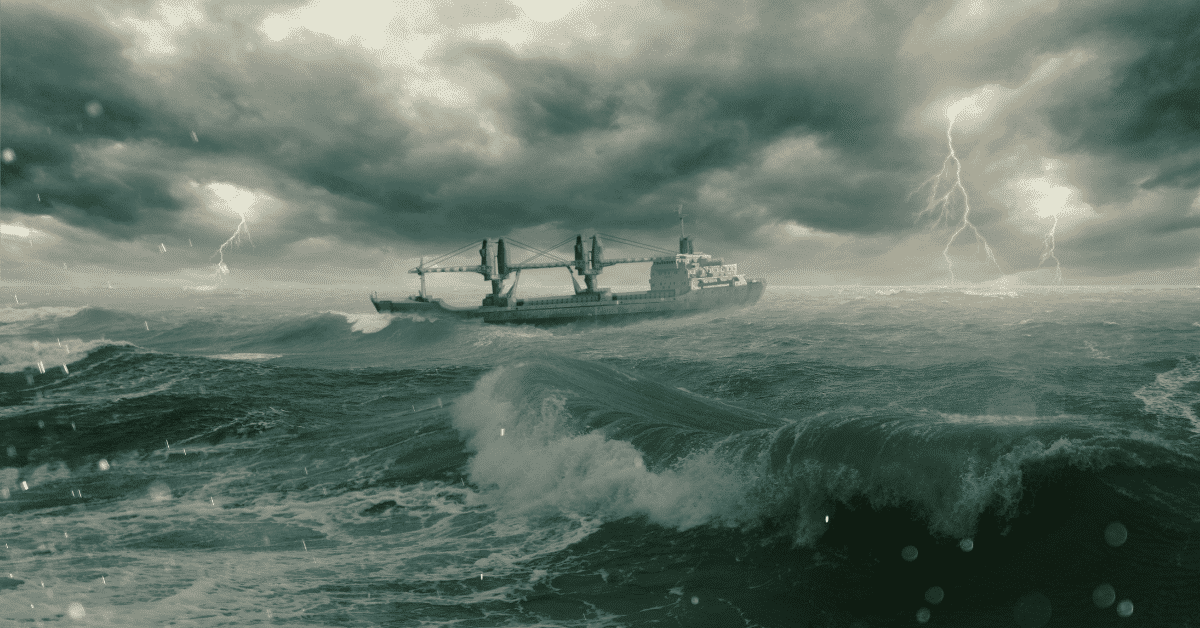
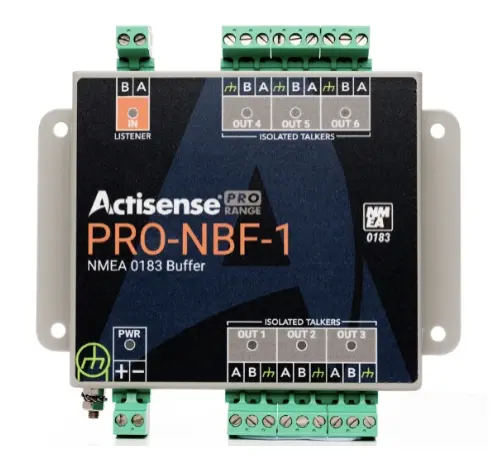
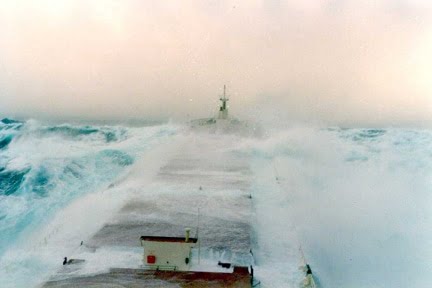
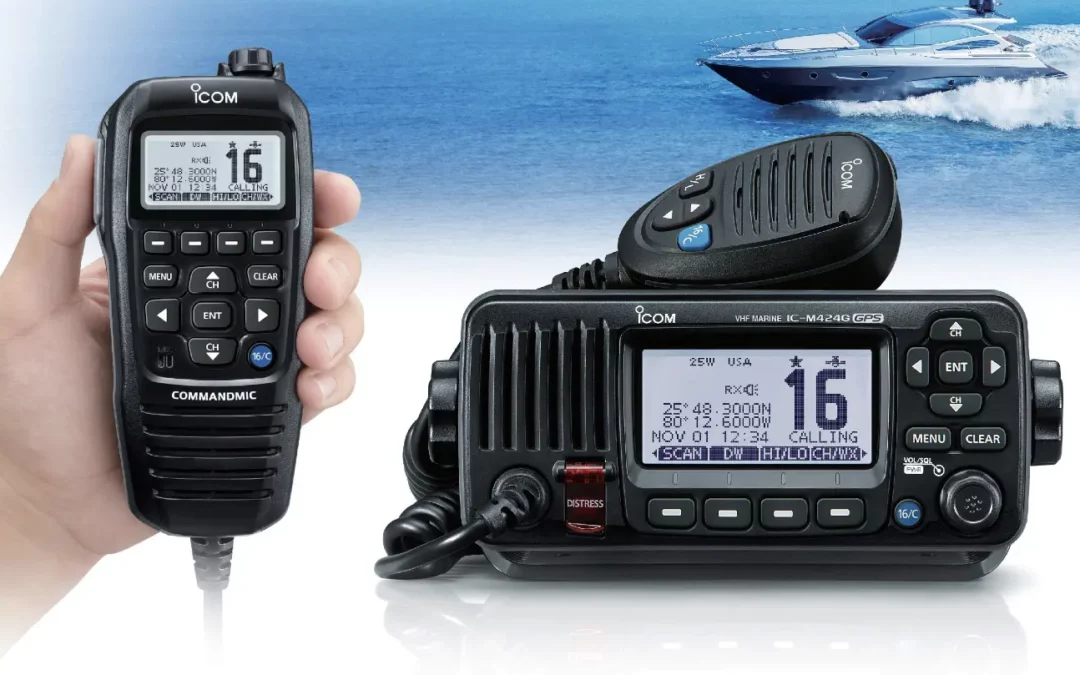

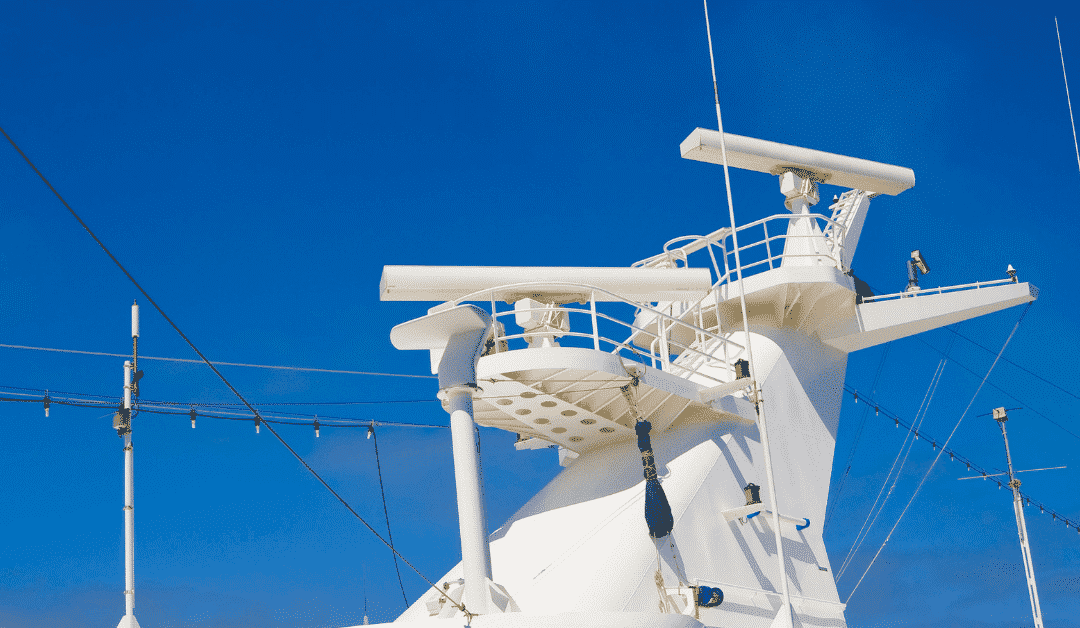
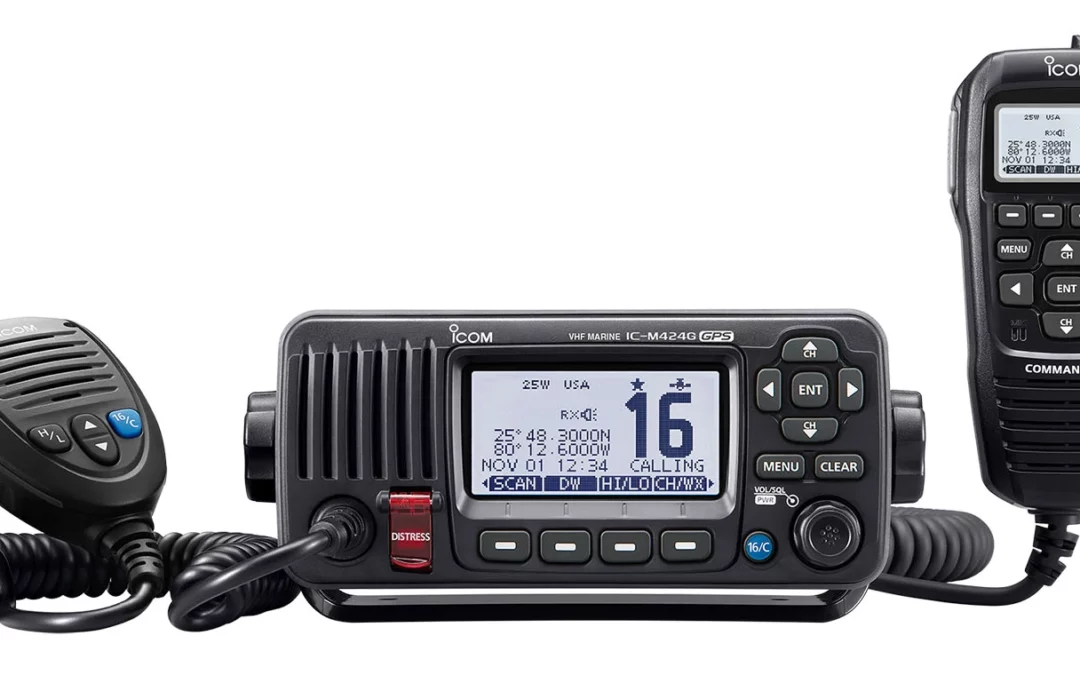
0 Comments